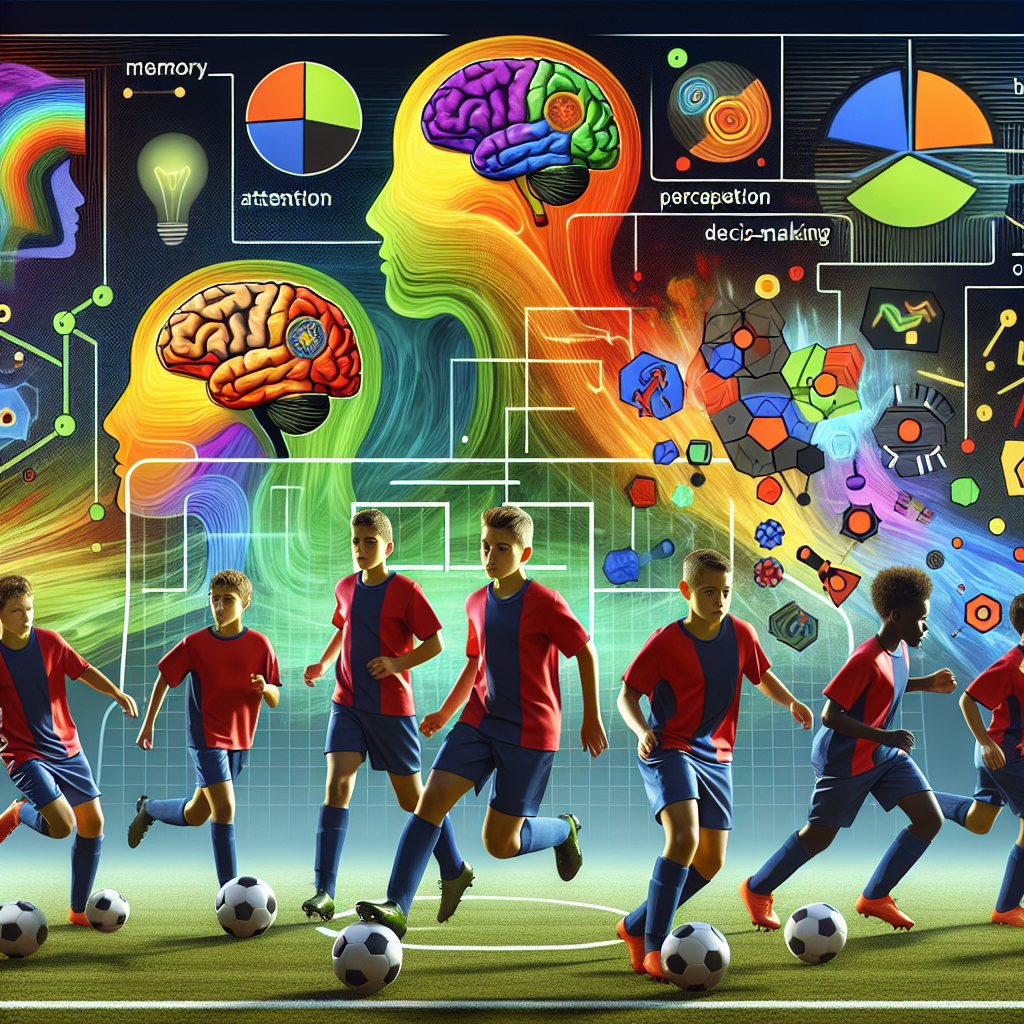Introduction: Enhancing Soccer Skills Through the Mind Imagine watching an intense soccer match where players blur across the field, seamlessly passing, defending, and scoring with precision. What separates those on the path to stardom from those who linger in the shadows? While talent and hard work are undeniably crucial, recent research unveils an often-overlooked element: […]
Tag: Cognitive neuroscience
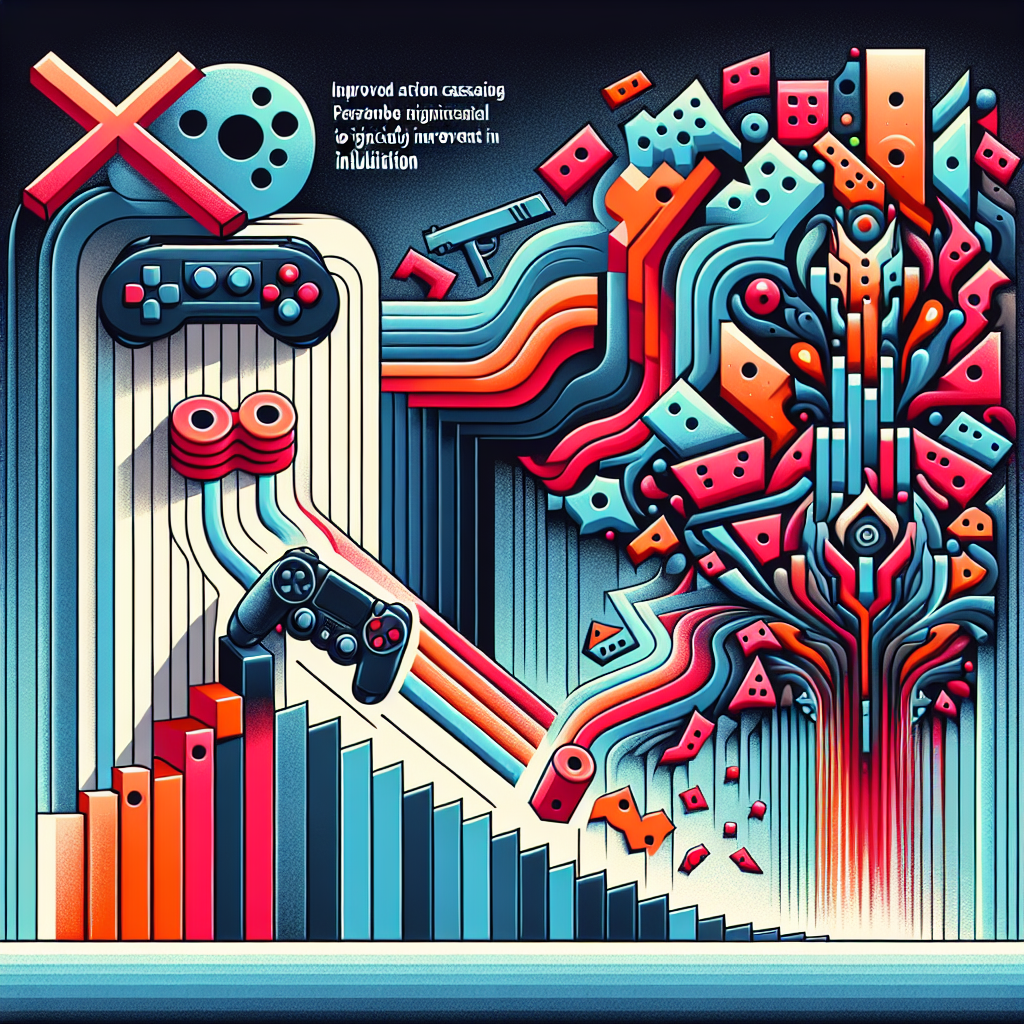
Action Video Gaming and Cognitive Control: Playing First Person Shooter Games Is Associated with Improved Action Cascading but Not Inhibition
**Title: Action Video Gaming: Unleashing Cognitive Abilities Beyond the Screen** Introduction: Entering the Gamer’s Mind Picture yourself in the heart of an intense, fast-paced battle in a virtual world. Explosions light up the screen, enemies dart from hidden corners, and your fingers dance over the keyboard, executing commands faster than your thoughts can catch up. […]
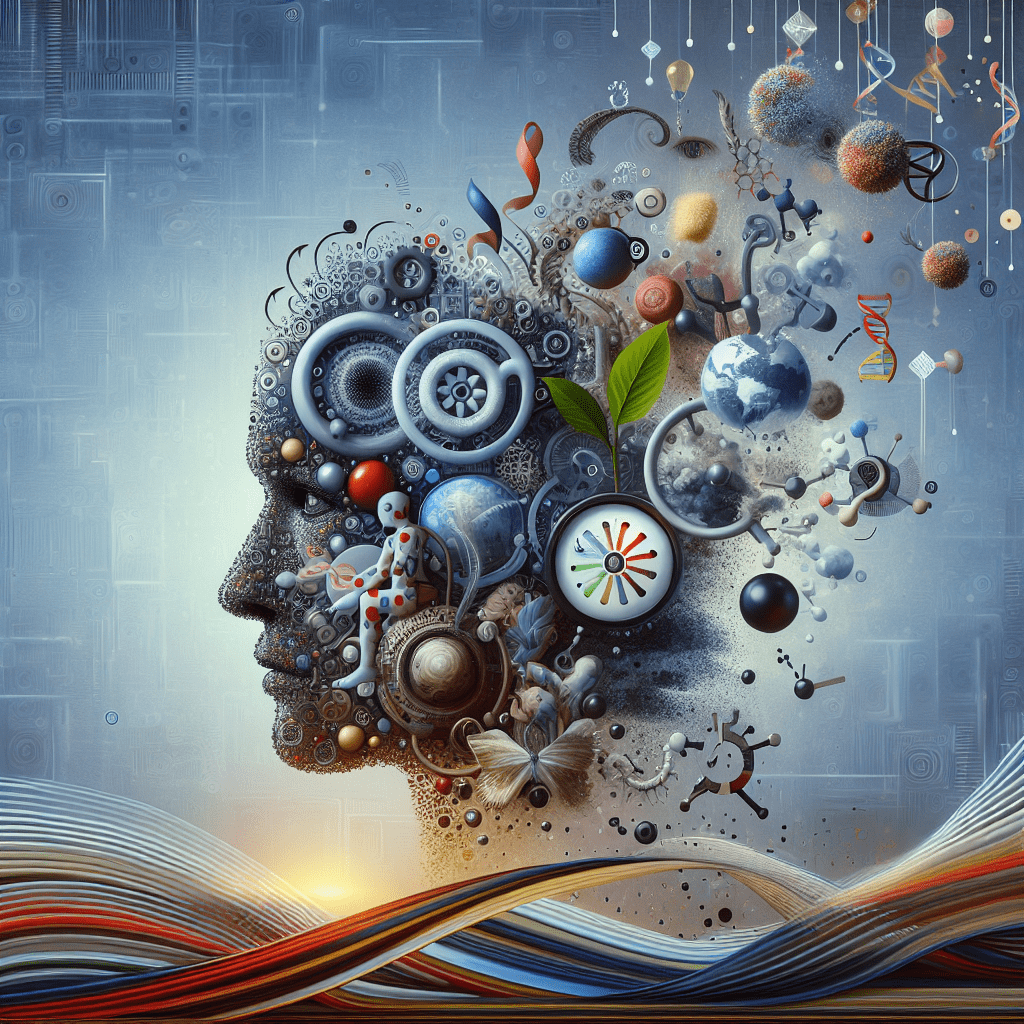
Decoding Time: How Genetics and Surroundings Shape Our Perception of Time
Introduction Have you ever wondered why some people seem naturally punctual while others perpetually run late? What if your ability to perceive time accurately had less to do with your wristwatch and more with the unique blueprint of your DNA? Recent research has taken a deep dive into the mysteries of time perception, revealing surprising […]

Navigating the Minds of Children: How Anxiety and Depression Influence Focus
Introduction As children grow, their minds are bustling with developing thoughts and emotions, akin to a busy airport with flights constantly landing and taking off. For some, this vibrant interchange can become overwhelming, especially when anxiety or depression sneaks in uninvited. Imagine trying to pay attention in class while a hundred little voices in your […]
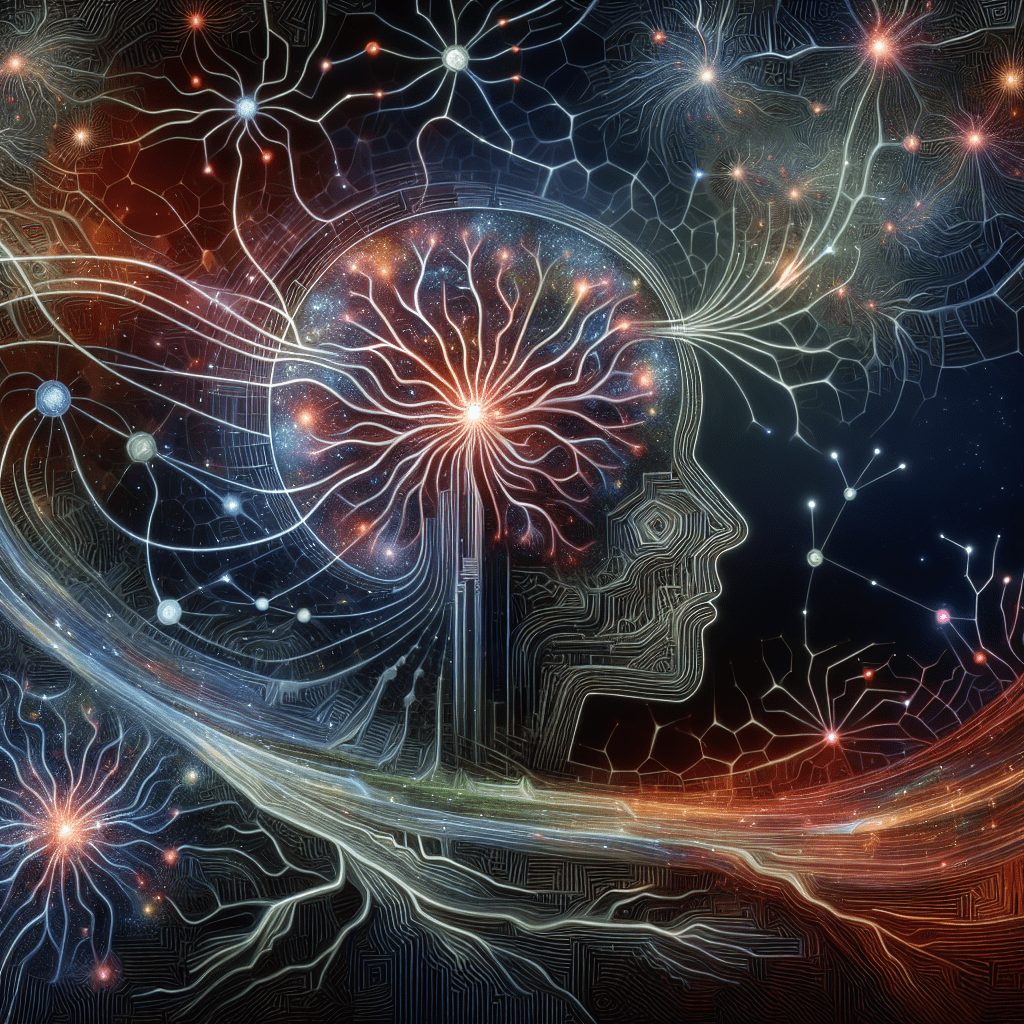
Exploring the Mind’s Pathways: Unraveling the Theory of Mind Deficit in Parkinson’s Disease
Introduction: Unveiling the Cognitive Mysteries of Parkinson’s Disease The human brain is a marvel of evolution, working tirelessly to enable everything from basic motor skills to the nuanced art of empathizing with others. But what happens when this intricate machine begins to falter? For nearly 10 million people worldwide, Parkinson’s Disease (PD) is a daily […]

Sleep Deprivation and the Sarcasm Snag: Understanding the Impact of Sleepless Nights on Social Perception
— Introduction: Sleepless Nights and Social Silver Linings We’ve all experienced the groggy haze of a sleepless night, where everything feels just a bit off. But did you know that a lack of sleep could alter not just your mood and memory, but also your social radar? Imagine waking up groggy after a sleepless night […]

Exploring the Heart-Mind Connection: Emotions, Cognition, and Chronic Heart Failure
Introduction: A Surprising Link Between Heart Health and Social Cognition Imagine this: a longstanding perception that emotions and social interactions are purely the domain of the mind is suddenly questioned by a new piece of research. “An Investigation of Emotion Recognition and Theory of Mind in People with Chronic Heart Failure” is a groundbreaking study […]
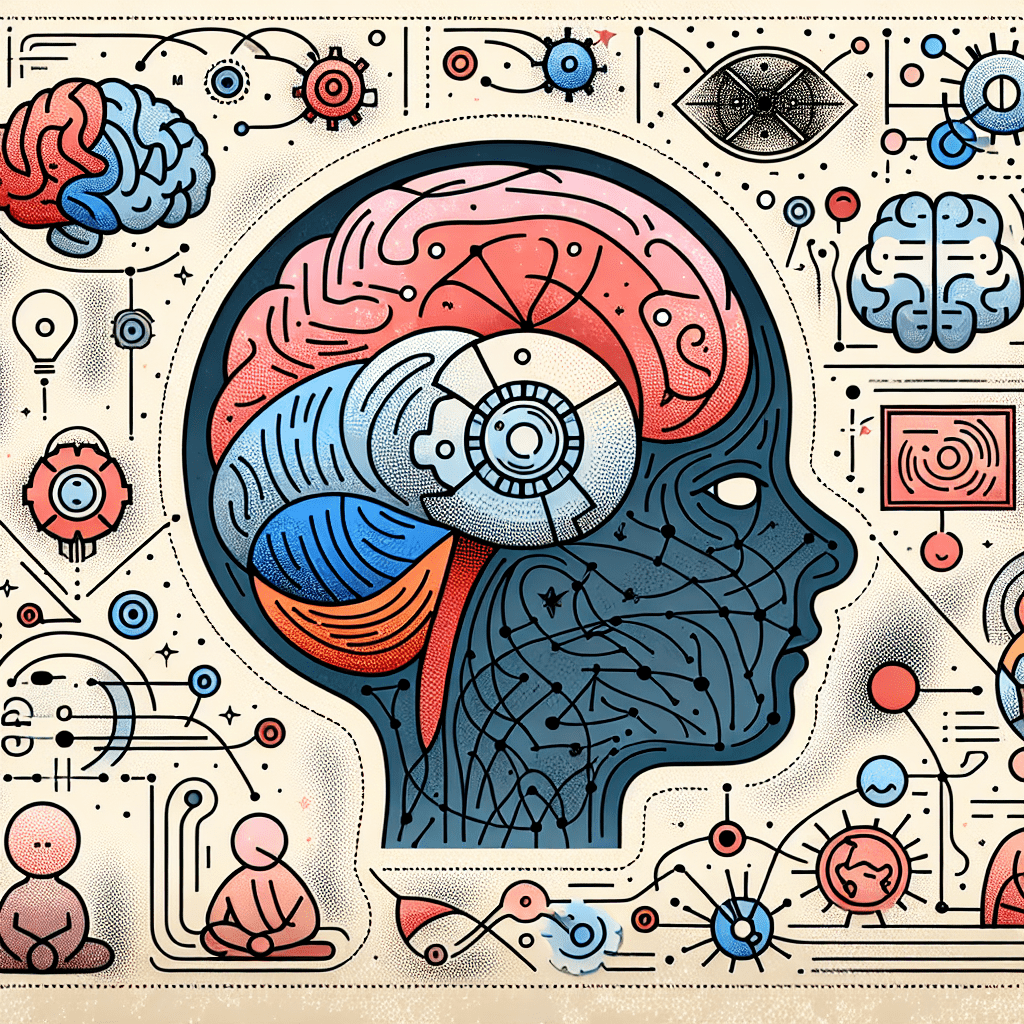
How Promises and Associations Shape the Memory of Children
Introduction: Peeking Inside the Minds of Young Learners Imagine giving a five-year-old a simple task: “Remember to give this toy mole a special hug when you see the picture of a banana.” Seems straightforward, right? Yet, this simple task taps into a complex cognitive process known as prospective memory—remembering to do something in the future. […]
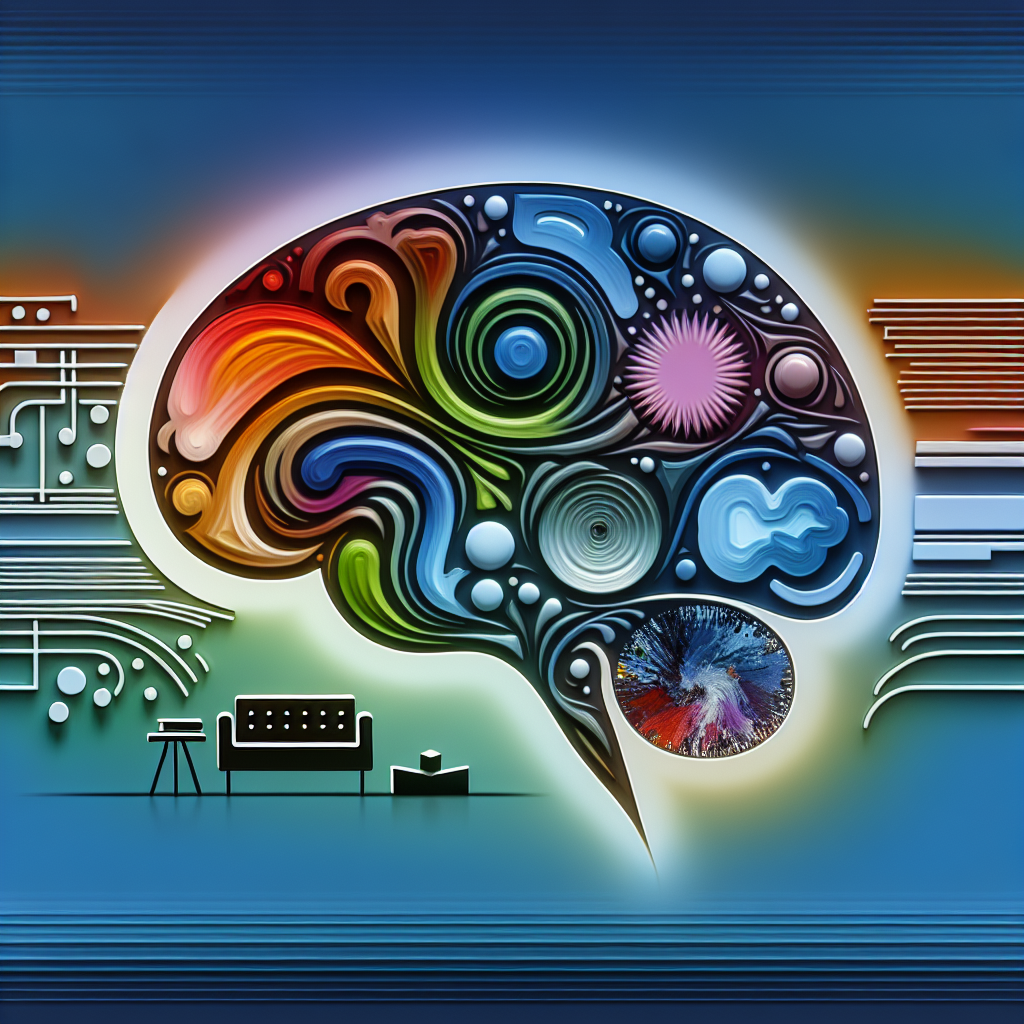
The Mindful Brain: Understanding Effortless Attention in Experienced Practitioners
Introduction In a world constantly vying for our attention, the ability to focus effortlessly can seem like a superpower. Just imagine having a calm mind that naturally stays on task, without the usual mental struggle. This scenario might sound like something out of a science fiction novel, but for some, it’s an everyday reality. The […]

How Intelligence Shapes the Cognitive World of People with ASD
## Introduction Imagine being in school and facing two students with Autism Spectrum Disorder (ASD): one excels splendidly in mathematics, while the other struggles with basic instructions. What makes their experiences so different? The answer may lie in a trait often discussed but rarely understood in this context—intelligence. ASD is marked by a spectrum of […]
